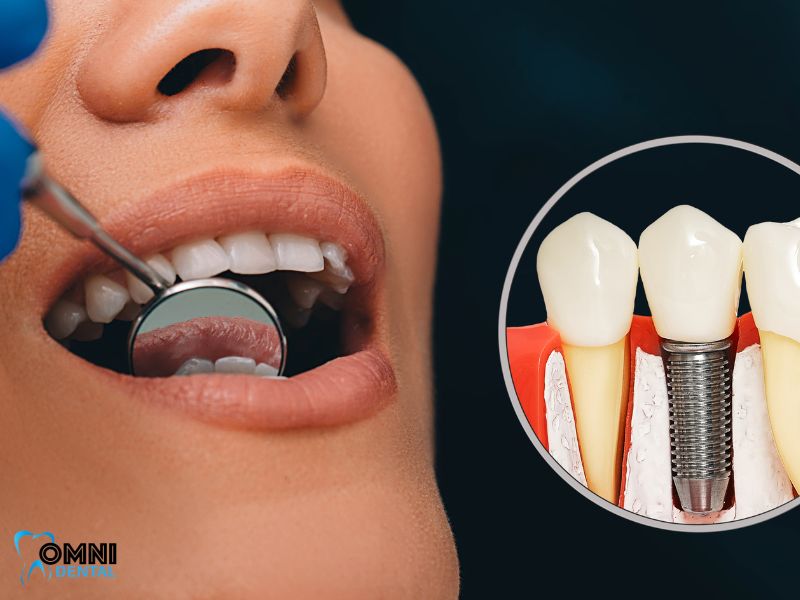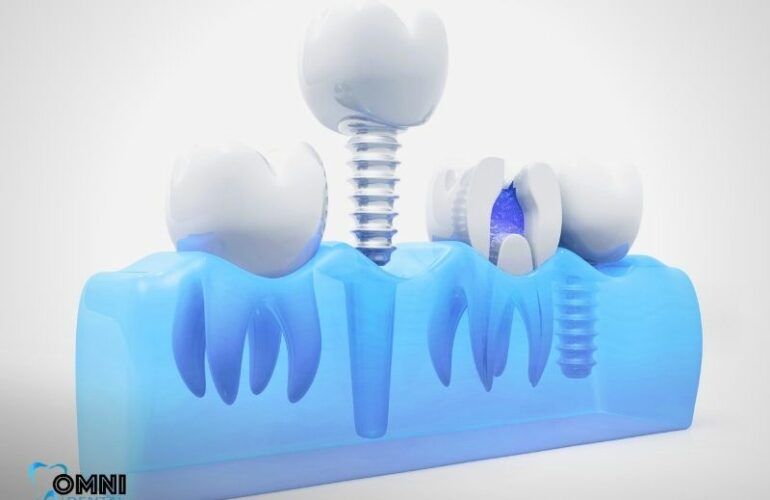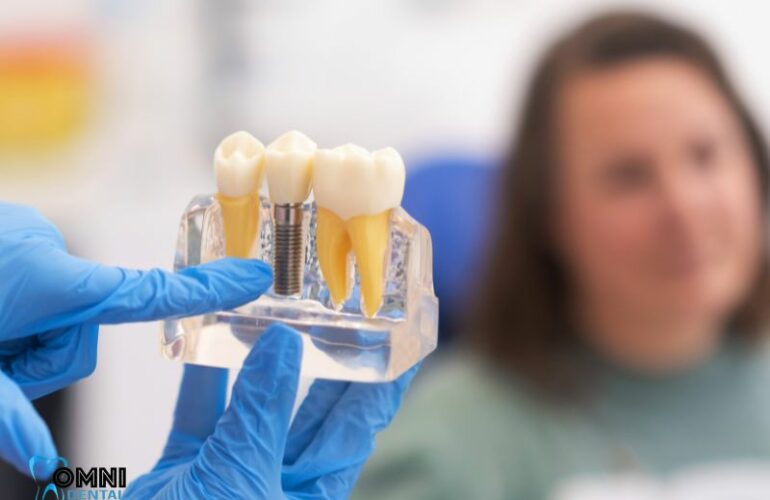Understanding the Longevity of All-on-4 Dental Implants
Wondering how long All-on-4 dental implants last? These permanent dental solutions are designed for longevity. With diligent care, they can surpass 20 years of use. Notably, they boast an impressive success rate of over 94% after a decade and over 91% after 18 years, as highlighted in long-term studies. Essentially, with the right care, these implants can be a lifelong solution.
In the U.S., millions of adults face complete tooth loss due to various reasons, including tooth decay and gum disease. Traditionally, dentures have been the go-to solution. However, many now prefer securing their dentures with just four dental implant posts, offering a closer experience to natural teeth, both in functionality and aesthetics.
What Makes All-on-4 a Unique Dental Solution?
The All-on-4 approach involves securing a denture to four strategically placed implant posts in the jawbone. This contrasts with traditional methods where 6 to 8 posts might be necessary. The strategic placement of these four implants allows for a full set of teeth with fewer posts, ensuring a more efficient and less invasive procedure.
Key Benefits of Choosing All-on-4
Opting for All-on-4 over traditional dentures offers several advantages:
- Enhanced comfort due to their secure placement in the jawbone, minimizing slippage during speech or eating.
- A natural appearance, as they don’t rely on adhesives.
- Easier maintenance, mirroring the care for natural teeth.
- Longevity, with many years of reliable use with appropriate care.
All-on-4 could be the ideal solution if you’re facing complete tooth loss. To discover more about this innovative dental implant option and assess your candidacy, feel free to schedule a consultation with our office today.
Cavity-Free Implants!
Unlike natural teeth, dental implants are immune to cavities. Regular brushing, flossing, and mouth rinsing are still crucial to prevent bacterial buildup, but you won’t have to worry about cavities with these implant materials.
Getting Your New Teeth Faster with All-on-4
Traditional implants often require a waiting period of 4-6 months for the jawbone to heal around the implant posts. However, with All-on-4, the denture is secured to the implant posts using clasps, allowing you to enjoy your new teeth in as little as two weeks after post placement.
Bruxism and All-on-4 Dental Implants
For those considering All-on-4 implants, it’s important to be aware of bruxism risks. This condition, often stress-induced, can occur unconsciously during sleep. Good oral hygiene practices, including regular brushing, flossing, and using mouthwash, are vital. Additionally, wearing a nightguard can help protect your implants if you grind your teeth while sleeping.







